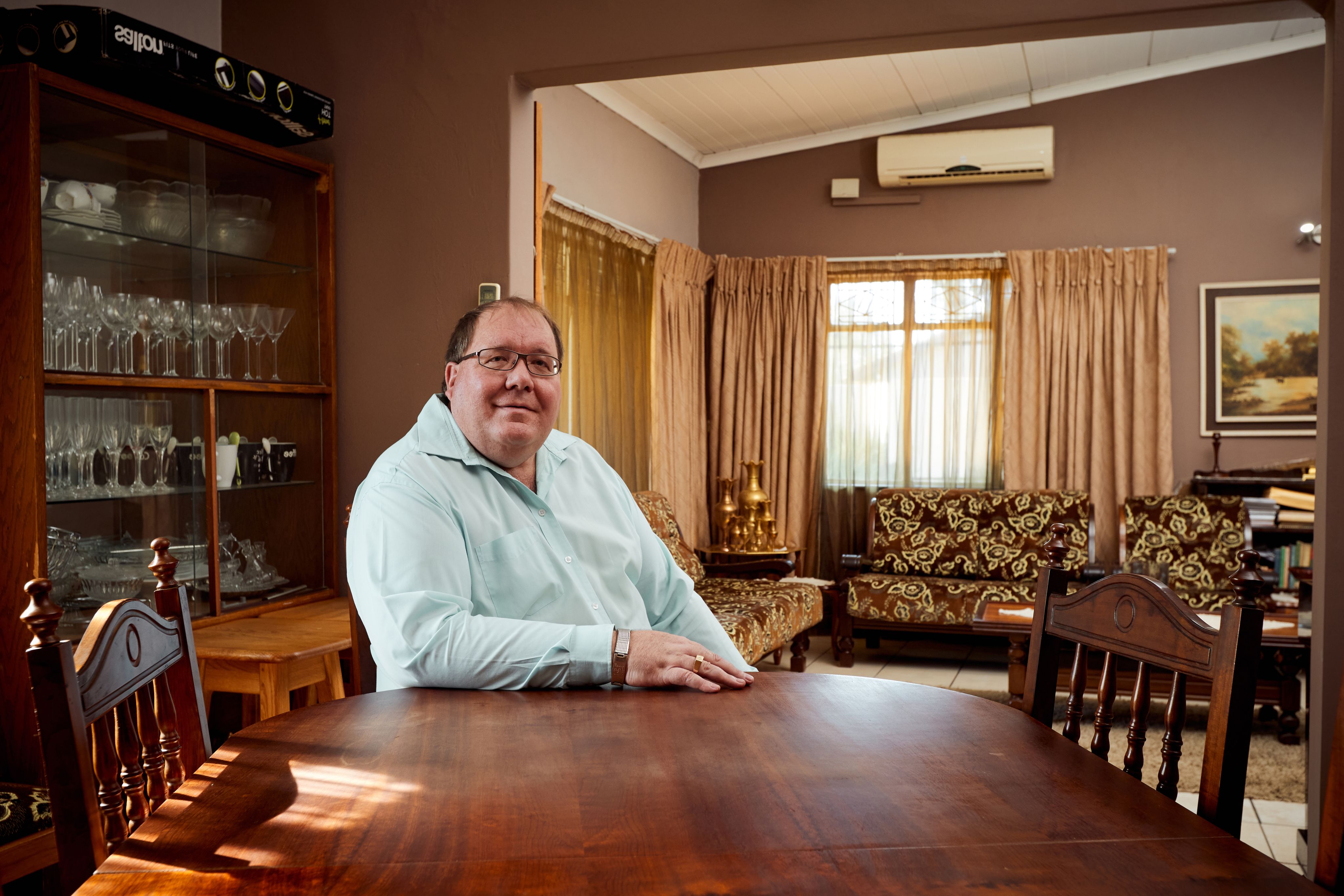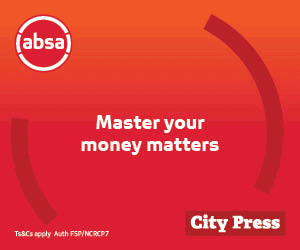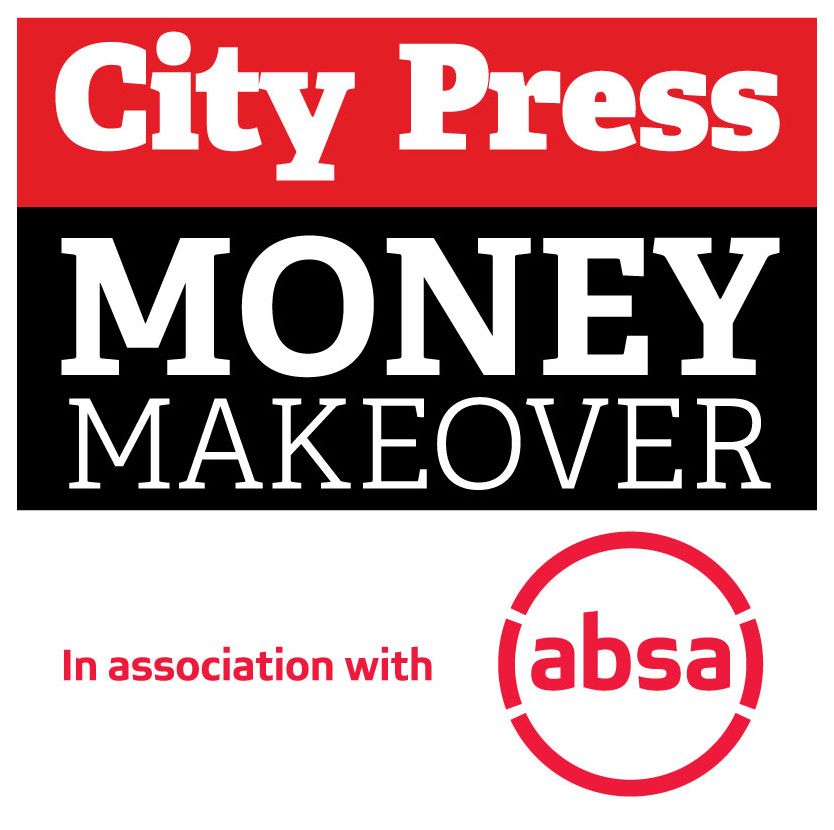Finding The Extra Cash in Your Spending Plan
When assessing your spending, it is usually the small things that are doing the biggest damage. We often look for ‘big fixes’ or large items to cut from our budget, but often it is an accumulation of smaller, everyday behaviours which is having the biggest impact.
If your debt keeps increasing, then you are spending more than you earn. Keeping track of your spending is the first step to financial freedom. Every year, the first task our Money Makeover candidates undertake is to see where their money is going. It is only with this insight that they can truly take control of their finances.
When assessing your spending habits it is usually the small things that do the biggest damage. We often look for “big fixes” or large items to cut from our budgets, but often it is an accumulation of smaller, everyday behaviours which is having the biggest impact.
REVIEW DAY-TO-DAY SPENDING HABITS
“I have realised that, in terms of my spending habits, I have an issue with impulse buying, especially on food. I used to do this with clothes too,” says product specialist Mlibokazi.
“I spend a lot on Uber for transportation for my daughter from school, which needs to be cut down by finding her stable transport.”
She has now committed to spending a maximum of R400 to stockpile non-perishable groceries that will help reduce her monthly grocery bill.
Start-up entrepreneur Sello identified that takeaways and Uber rides were eating into his budget unnecessarily.
“My spending on takeaways was unbudgeted. I would spend about R700 within a few days after receiving my salary. This month I have only spent R270,” says Sello, who has also cut down on Uber costs.
“In recent months I spent up to R800 on Uber for personal errands. I am now setting aside a day for the errands when I use my car instead,” says Sello, who has not used Uber this month.
Like Sello, medical technician Zihle has identified that the takeaways are costing more than she realised.
“I have decided not to buy food from the canteen at work or takeaways for myself and my sisters.
“We do have food at home, so I will try my best to cook and make lunch,” says Zihle, who was spending about R409 on takeaways.
She also identified that her expenses on airtime and data were higher than necessary and has decided to limit that. She has reduced that spending from R519 to R200 a month.
Soon-to-be retiree Johan identified a compulsion for online shopping as a problem. After takeaways, online shopping is one of his biggest budget breakers.
It is very easy to get caught up in the excitement of a new purchase and the ease with which you can shop from the comfort of your home.
Johan was spending R200 a month on music and R450 a month on online shopping. He has now committed to not making any online purchases for the next six months, as well as no takeaways, which will save him a further R1 200 a month.
REVIEW YOUR FIXED EXPENSES
Any budget review must include a proper analysis of your fixed expenses. This includes bank fees, insurances, subscriptions and a general overview of all the debit orders going off your bank account.
Johan’s adviser Takalani had identified that a large percentage of his bank balance was going to debit orders. These were reviewed and non-essential debit orders were cancelled, saving him R2 600 a month.
This included the DStv subscription which Johan is prepared to live without. But he also saved money by consolidating his insurance policies.
For example, his life cover has funeral cover included, which meant he was over-insured for that. For essential insurances, Johan has shopped around to get comparitive quotes.
By switching to another insurer, the couple will save R1 000 a month on car insurance.
Zihle switched bank accounts, which is saving her R60 a month in fees.
She also went through her phone and unsubscribed from storage and music apps, which will save her R360 a month.




THE SURVIVAL BUDGET
Farmer and restaurant owner Raymond is self-employed and needs to identify the minimum amount he must earn in order to meet his financial obligations.
This is often the case for subsistence farmers or start-up businesses, for which the first target is to meet basic expenses.
By understanding his “survival budget”, he can identify what salary he needs and apply this to the costings in his business.
Total Savings
By cutting back on takeaways and airtime, cancelling apps on her phone, and switching bank accounts, Zihle will have an additional R700 a month to add to her debt repayments.
By cancelling debit orders, consolidating insurance policies, reducing takeaways and online shopping, Johan has released R4 000 for debt repayments and saving for retirement.
HOW TO START YOUR BUDGET
Print your bank account and credit card statements for the last three months.
- Colour code with highlighters:
Expenses that are needs, for example: rent, electricity, school fees, saving contributions;
Luxuries that you can live without, for example: takeaways, eating out, beauty and spa treatments, unnecessary clothes;
Expenses to review, for example: car and long-term insurance, medical aid, consolidation of policies.
- Capture all your expenses on a spreadsheet and compare that amount with your take-home pay. You can find a budget template on the Money Makeover website.
- Identify which expenses you can cut back on.
- Spend 10 minutes each week reviewing what you have spent. Being mindful and aware of where your money is going is the first step to having control over your finances.
Find out more about the contestants and their advisers here:
If you really want to get your finances in order, you have to start tracking your spending. If you cannot commit to that, it is unlikely you will be able to reach your goals.
City Press will follow the candidates’ progress on the first and third week of each month, as well as online on the Money Makeover page:
Follow the journey – and join in – @CPMoneyMakeover and #CPMoneyMakeover on Facebook and Twitter
Absa Enterprise Development assists SMEs with access to business development support, markets access and access to funding based on certain criteria’s being met. For further information on Absa Enterprise Development you can email ed@absa.africa
You can follow the story on social media #CPMoneyMakeover
Subscribe below for the Money Makeover Newsletter










